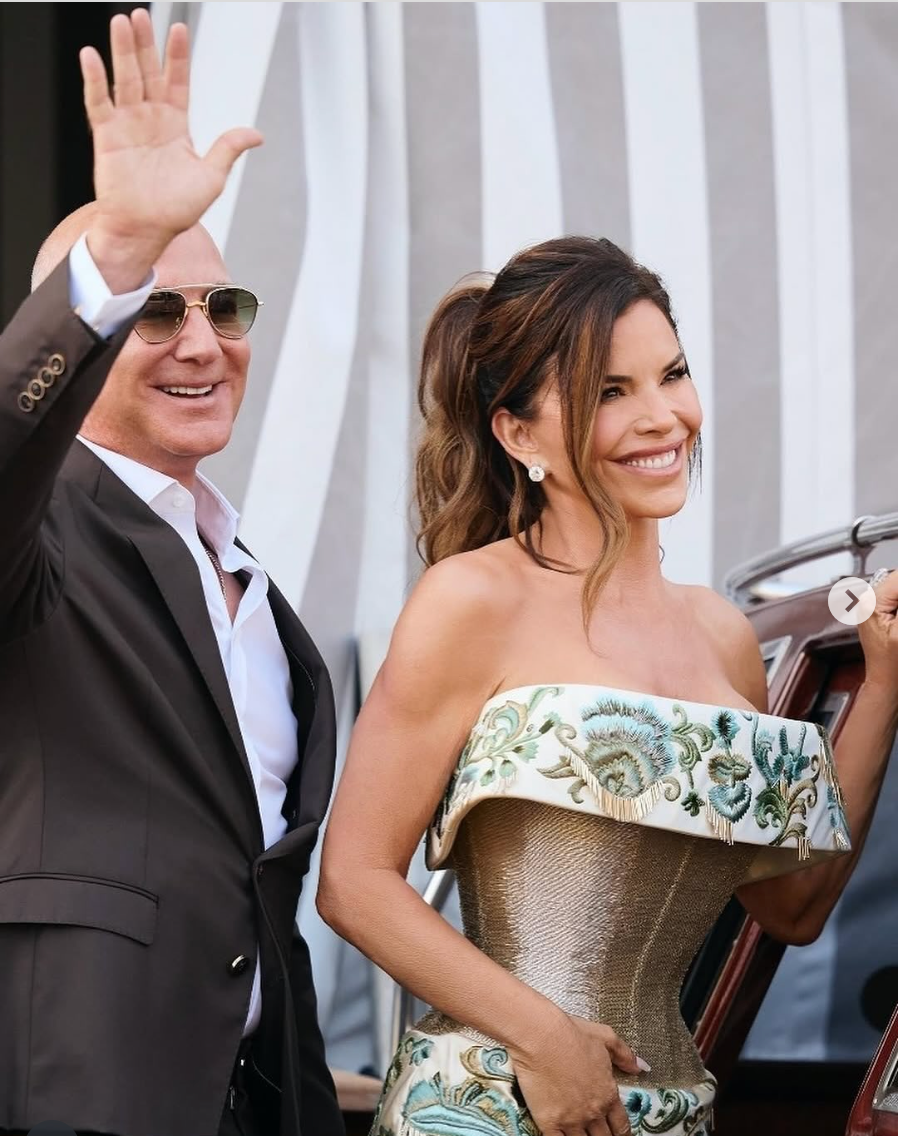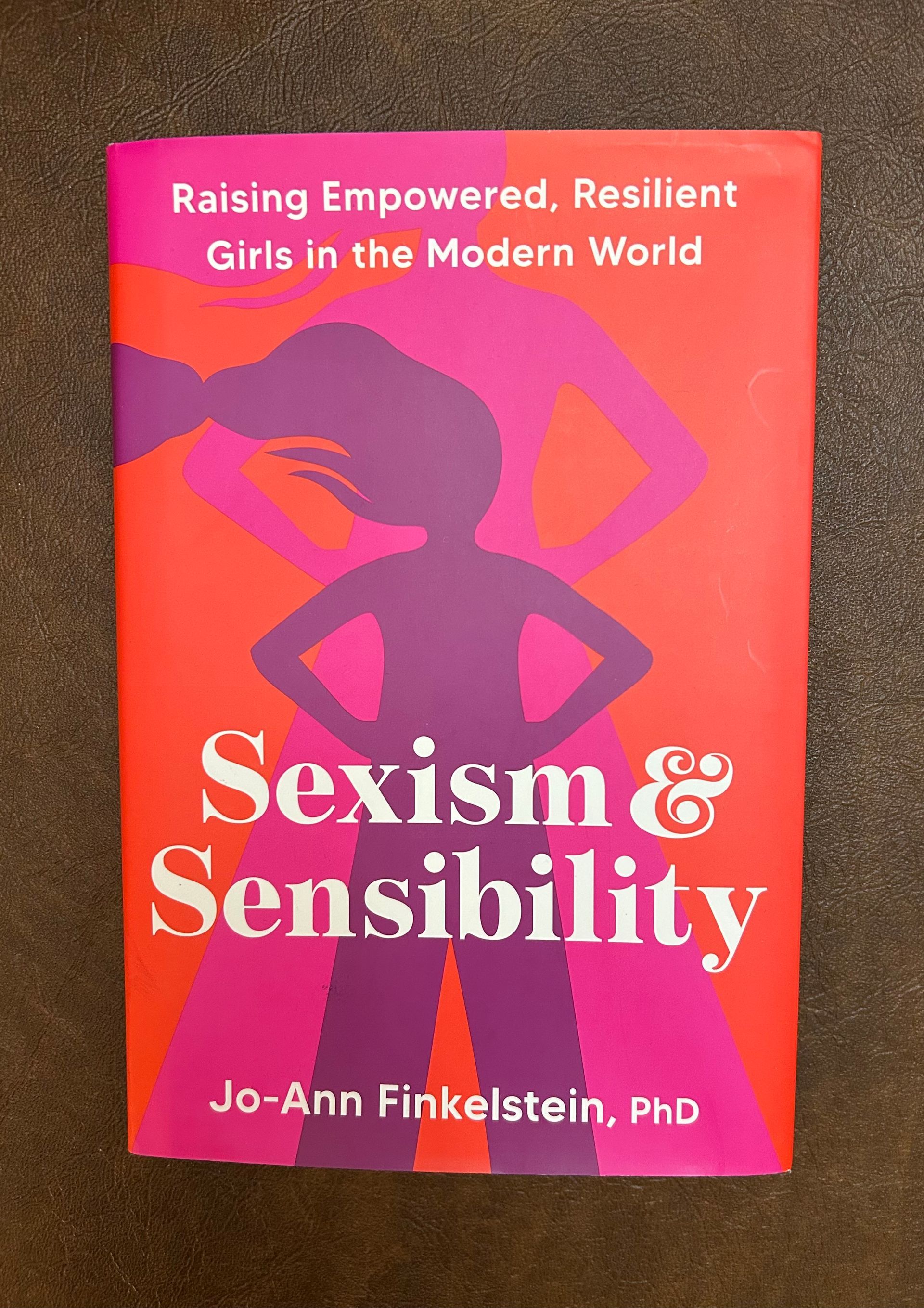Slut-shaming matters because when people are dismissed as sluts, hoes, and thots, they are denied care and compassion as human beings and in a variety of situations, including when they are sexually harassed, sexually assaulted, victimized by image-based sexual abuse ("revenge porn" and "deepfakes"), and need an abortion.
The Latest on Slut-Shaming + Bodily Autonomy
July 22, 2025
Many people criticized Lauren Sánchez and Jeff Bezos when they married several weeks ago for their conspicuous consumption and dismissive behavior toward the residents of Venice. A disproportionate amount of viciousness was directed specifically toward the bride. What had she done to earn the wrath of the people?
She wore corsets.

Listen, I'm also influenced by this toxic culture in which we demean women as desperate and slutty when they wear provocative clothing, and I was tempted to add my own snark. But no matter what you or I think about Sánchez's clothes, when we assess the behaviors of the bride and groom that truly matter (such as dodging taxes and shortchanging employees on their paychecks), it is clear which one has caused enormous harms. It’s not Sánchez.
(For more on the double standard in the Sánchez-Bezos wedding coverage, read this excellent analysis by Holly Baxter.)
A few days later, the verdict was issued in the P. Diddy federal criminal sex crimes case: He was acquitted of the most serious charges (racketeering conspiracy and sex trafficking). A man with enormous money and power was given a pass and not held accountable for causing other people to suffer (his legal team said the verdict was a "great victory"), while the women who said he abused them were discredited during the trial as confused and manipulative liars.
If you have a young person in your life, these events may cause you to wonder: How should you talk about the penalties women pay as a result of gendered discrimination? Can you overcome the biases that you also have absorbed? What is the best way to open conversation about fake versus actual power for women, and everyone?
For answers to these questions, I enthusiastically recommend Sexism and Sensibility: Raising Empowered, Resilient Girls in the Modern World. Author Jo-Ann Finkelstein, PhD, a psychotherapist providing therapy to teens and a mother of teens herself, offers practical tips for parents to address sexual objectification, slut-shaming, microaggressions, and more.

For example, Finkelstein features an eighth-grader who sent a nude photo to a boy, who—you guessed it—shared it with other students. She was tormented by her classmates and refused to go to school.
Finkelstein breaks down why this usually rule-following kid sent the photo and how (through an alternate Snapchat account her parents didn’t know about), as well as the reality that even though she didn’t do anything morally wrong, “she’ll likely struggle for a long time with the shame of having become the sexual entertainment for her peers and with self-image issues stemming from the cruel comments about her body.”
Finkelstein’s analysis of a variety of scenarios many children and young people face, including sexual harassment and assault, is clear-eyed and compassionate, and she encourages parents to create teachable moments so that their daughters recover from adversity. I particularly appreciate her advice regarding what to do when you believe your daughter is wearing clothing that is too sexy or inappropriate, and she pushes back against the idea that sexual attention is a form of power:
If you’re a parent or educator of young people of any gender, go read this book.

